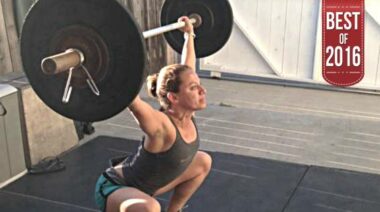Recent findings show that being physically fit could be one of the most important factors for middle school-aged students to perform well in math and reading. These findings were presented at the American Psychological Association’s 120th Annual Convention.
Research was gathered at five Texas middle schools from 1,211 students. Fifty-four percent of the students were female (46 percent male), and the average age of each student was 12 years old. Physical fitness was assessed through an assessment program commonly used in schools throughout the United States. The program included a variety of tests that assessed aerobic capacity, muscular strength and endurance, flexibility, and body composition. A measure known as Progressive Aerobic Cardiovascular Endurance Run (PACER) was used to determine cardiorespiratory fitness, and body composition was determined by measuring BMI.1
Previous studies prior to this one found links between being physically fit and an improvement in academic performance. However, this study also examined several other potential influences such as self-esteem, social support, socioeconomic status, and self-reported academic ability.2
The results of the study revealed that cardiorespiratory fitness as well as social support was related to better reading scores for boys, whereas having a larger body mass index as well as good cardiorespiratory fitness was a factor for the girls. Cardiorespiratory fitness was the only factor for better math scores for both the boys and girls.3
“Cardiorespiratory fitness was the only factor that we consistently found to have an impact on both boys’ and girls’ grades on reading and math tests,” said study co-author Trent A. Petrie, PhD, professor of psychology and director of the Center for Sport Psychology at the University of North Texas. “This provides more evidence that schools need to re-examine any policies that have limited students’ involvement in physical education classes. Because this is a longitudinal study, these variables can now be considered risk factors in relation to middle school students’ performance on math and reading examinations,” Petrie said. “And that is essential to developing effective programs to support academic success.”4
Not only is being physically fit beneficial to a young student’s physical health, it is now known that the benefits go far beyond that of just being physically healthy. This research proves that being physically fit may also improve intellectual health as well, which would ultimately reflect in the classroom.
Photo courtesy of Shutterstock.






